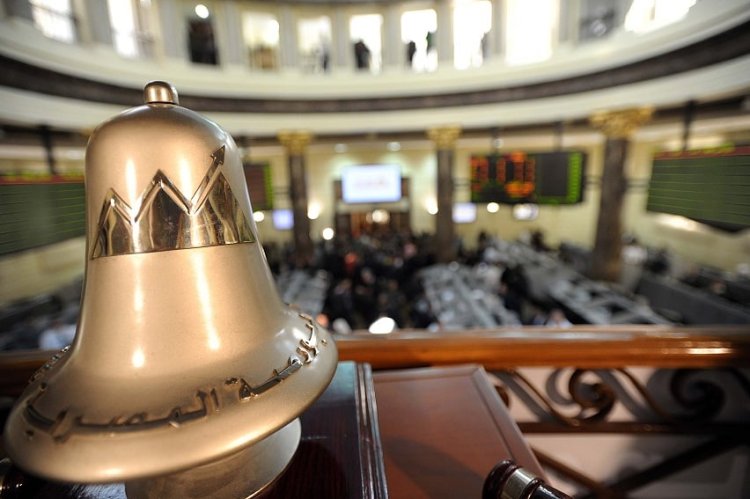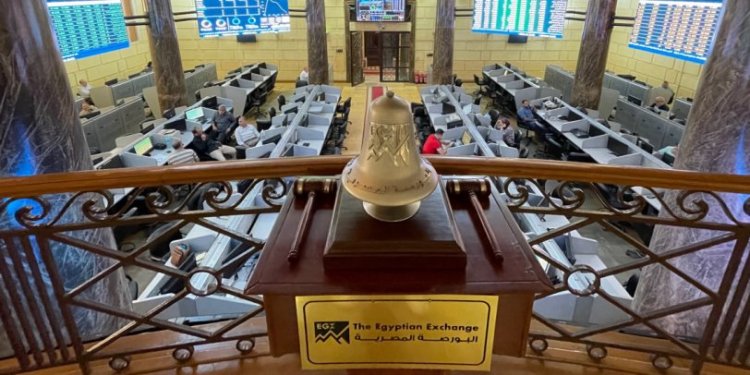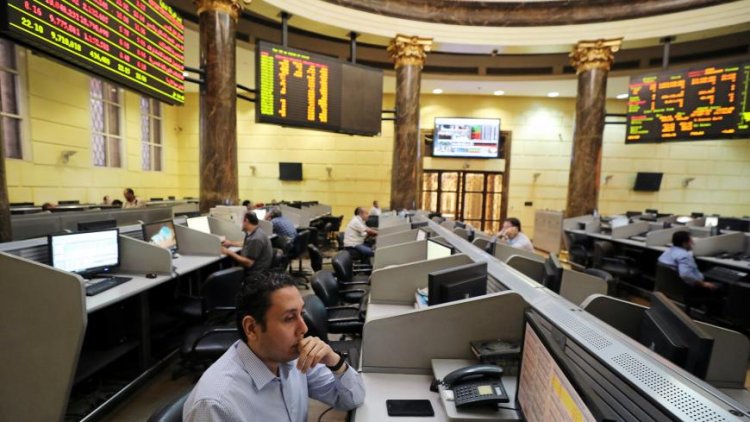To attract investments.. The Egyptian Stock Exchange seeks to launch an index compatible with Islamic Sharia

The Chairman of the Egyptian Stock Exchange, Ahmed Al-Sheikh, said that the Egyptian Stock Exchange seeks to launch an index compatible with Islamic Sharia during the first half of next year, as part of its effort to attract new investors to the financial market.
The index will include shares of companies whose activities and financial and accounting conditions are consistent with the provisions of Islamic Sharia, and will be selected by the Sharia Supervision Committee of the General Authority for Financial Supervision.
Launching an index compatible with Islamic law
The Egyptian Stock Exchange is talking to 3 to 4 medium-sized private sector companies to list them in the financial market.
Last February, Egypt announced that it would offer stakes in 32 companies over the course of a year, and this number later rose to 40 companies, but only “Paquin” and stakes in “Al-Ezz Dekheila Steel” and “Egypt Telecom” were sold. And “Eastern Tobacco”, all of which were companies that were not part of the initial offering program and were added later, whether after the sale process or shortly before it.
The government succeeded in selling shares in petroleum companies such as “Ethedco”, “Elab”, and “Egyptian Drilling”, which are part of the IPO program, and it expects to sell “Wataniya” company before the end of 2023 and a number of energy projects.
On a related note, Moody's credit ratings agency, on October 10, lowered Egypt's rating from B3 to Caa1, with a stable outlook. On October 21, Standard & Poor’s lowered Egypt’s sovereign credit rating in local and foreign currencies from “B” to “B-” with a stable long-term outlook, and fixed the short-term sovereign credit rating at “B.”

Risk of credit rating downgrade
On October 4, Fitch lowered Egypt’s sovereign credit rating in local and foreign currencies from “B” to “B-” with a stable long-term outlook. Yesterday, the government issued one-year euro-denominated treasury bills worth 645 million euros, equivalent to 692 million dollars.
Reducing the credit rating means an increase in the risks associated with the international ability to sell government debt instruments in international markets, and thus an increase in the required interest rate.
Sources for providing external financing needs
The Egyptian government has identified sources for providing external financing needs until the end of the current fiscal year, estimated at $4 billion, with the aim of continuing to diversify international markets.
However, despite these risks, the government succeeded in issuing government debt instruments represented by the issuance of sustainable international bonds on the Chinese “Panda” financial market, which are allocated to finance projects worth about 3.5 billion Chinese yuan, equivalent to about half a billion dollars.
The second international issuance of Samurai bonds was also implemented at a value of 75 billion Japanese yen, equivalent to about half a billion dollars, with a return of 1.5% annually, with a maturity of 5 years, and Egypt paid about 52 billion dollars in external obligations during the past two years despite the global economic challenges.
Panda and Samura bond
Banking and economic expert, Hani Al-Iraqi, believes that the downgrading of the credit rating did not affect the Egyptian government’s plan to offer debt instruments on the global market. Rather, the Ministry of Finance collected about a billion dollars from Panda and Samurai bonds and recently issued treasury bills worth about 692 million dollars, denominated in euros.
He explained in a special statement to “Roya News Network” that the proposals made by the Ministry of Finance are small amounts and their goal is to fill the debt deficit gaps and are not effective, and he was prepared for them before the credit rating institutions announced their decision against the Egyptian economy.

Political orientation
He pointed out that the announced classifications of the Egyptian economy may not be taken into account by financial institutions, especially since they contain some political orientation to put pressure on Egypt to implement an economic program in the phenomenon of supporting the economy and internally achieving the interests of international partners.
Al-Iraqi expected that Egypt would continue to offer debt instruments in the global market, stressing that they would be largely covered, even though the interest may be large due to the high cost.
He continued: “At the present time, Egypt is awaiting the review of the International Monetary Fund before the end of the year, and therefore there are no urgent solutions, other than offering debt instruments, and then the Fund may agree to complete the loan in light of the risks surrounding the Egyptian economy with the escalation of the political situation between... Israel and Gaza and their influence on the Egyptian economy.”


 Shrouq
Shrouq 












